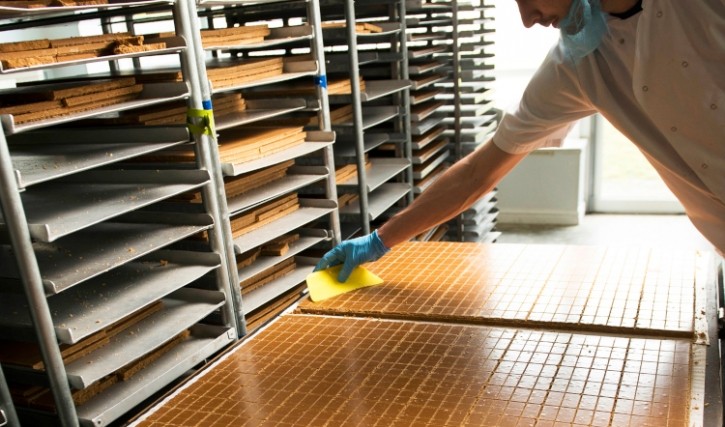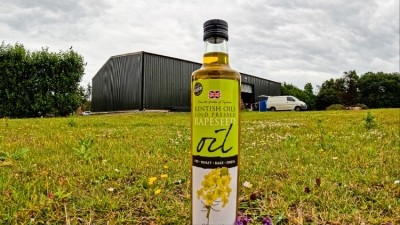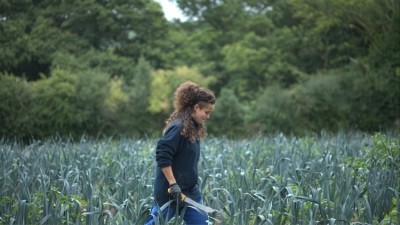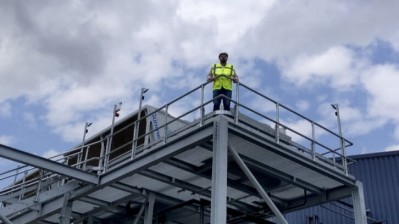News
Sweet factory’s digital twin opens new automation opportunities

The handmade sweet maker’s digital twin was used to explore how integrating automation into the production process could identify potential bottlenecks and various ‘what-if’ scenarios, such as adding new equipment or modifying workflows.
Through its experimentation with the digital twin, Aldomak established how best to focus its efforts to boost efficiency. For instance, the need for heavy lifting and transporting products from one area of the factory to another could be reduced by almost 20% if the boiling and mixing processes were combined into one station – as well as reducing the risk of staff strains and injuries.
Dario Riccomini, managing director at Aldomak, said: “Our confectionery is made using tried and tested family recipes that have been passed down through several generations and, while our focus is still on our products being handmade, there are great opportunities to use technology to change the way we work.
Exploring new systems
“In recent years our output volumes and revenue have grown, but we are always keen to explore new systems and processes that can aid further expansion. By combining small improvements and targeting our investments, we could significantly increase our manufacturing capacity, which may lead to new commercial contracts and wholesale orders.”
The digital model draws on a range of data including the capacity of the machinery, the duration of different cycles, inventory levels, and work schedules to help calculate the most efficient ways of working. This was gathered using a mixture of information supplied by the business and a 3D scan of the factory using specialist laser technology.
So far, the simulation has helped Aldomak to consider the changes needed to achieve increased output and efficiency.
Valuable insights
Gwenole Henry, research and development engineer at NMIS, added: “With the team at Aldomak’s manufacturing facility so focused on fulfilling orders and day-to-day production, they don’t often get the chance to step back and assess the potential impact of changes or improvements. Developing this model provided the company with valuable insights into the simulation and emphasised the importance of the production data used as the baseline.
“Digital simulations of this kind can be an incredibly useful tool for manufacturers in any sector, helping them to meet goals and ambitions in terms of productivity, sales and even energy efficiency.”
Meanwhile, the manufacturing arm of Morrisons is set to deploy digital twin technology as part of its bid to reduce energy use and carbon emissions.















